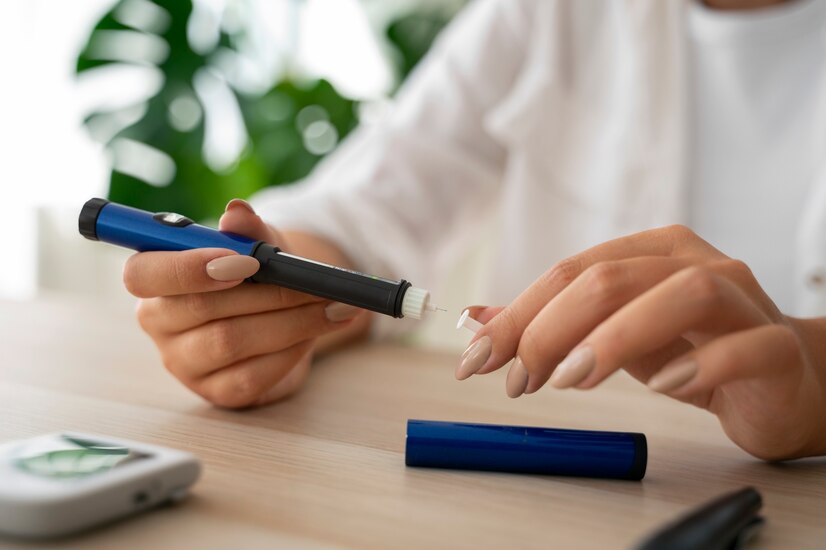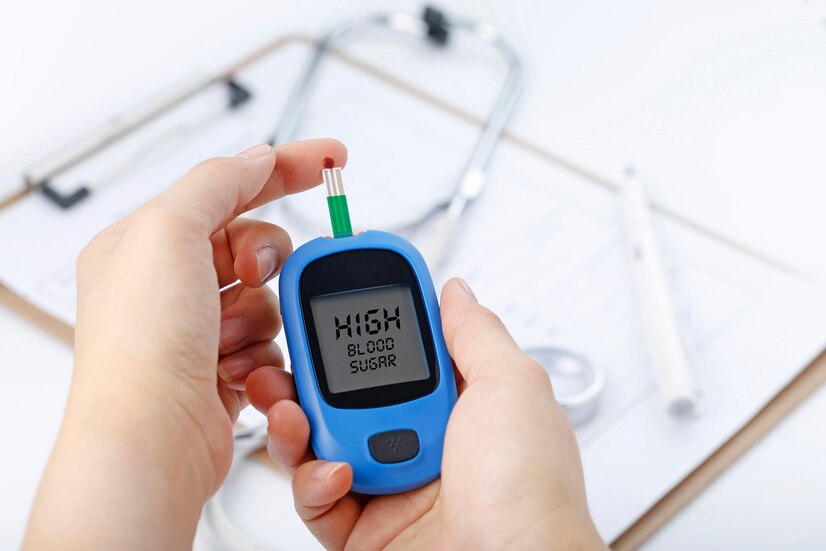Table of contents
Diabetes is one of the most prevalent chronic conditions in the world today, affecting millions of individuals across all age groups. As researchers and patients alike explore more holistic and natural approaches to managing symptoms, CBD for diabetes has gained increasing attention.
Cannabidiol (CBD), a non-psychoactive compound found in cannabis, has been studied for its potential in regulating blood sugar levels, reducing inflammation, managing stress, and supporting overall wellness — all critical elements for people living with diabetes. In this post, we’ll dive deep into the potential benefits, science, usage, and precautions when using CBD for diabetes.
Understanding Diabetes: A Brief Overview

Diabetes mellitus is a group of diseases that result in high blood glucose levels. The two main types are:
- Type 1 Diabetes – an autoimmune condition where the body attacks insulin-producing cells.
- Type 2 Diabetes – where the body becomes resistant to insulin or doesn’t produce enough.
There’s also prediabetes and gestational diabetes, both of which require careful monitoring and lifestyle adjustments.
Key complications from diabetes include:
- Neuropathy (nerve damage)
- Retinopathy (eye problems)
- Nephropathy (kidney damage)
- Poor circulation
- Increased inflammation
Can CBD Help with Diabetes?

While research is still in its early stages, growing evidence suggests that CBD for diabetes may play a supportive role in managing certain symptoms and complications.
🌿 1. CBD and Blood Sugar Regulation
Animal studies suggest that CBD may improve insulin sensitivity and regulate blood glucose levels, especially in people with Type 2 diabetes. It may also help reduce the risk of complications by addressing underlying inflammation and oxidative stress.
🌿 2. Anti-Inflammatory Effects
Inflammation plays a significant role in the development and progression of diabetes. CBD’s anti-inflammatory properties can help protect blood vessels, support immune function, and reduce insulin resistance.
🌿 3. CBD for Diabetic Neuropathy
One of the most painful complications of diabetes is neuropathy. Studies indicate that CBD can help reduce nerve pain and inflammation, offering relief to those who suffer from burning, tingling, or numbness.
🌿 4. Appetite and Weight Management
Maintaining a healthy weight is key to managing Type 2 diabetes. CBD may influence metabolism and reduce appetite without the “munchies” effect caused by THC.
🌿 5. Stress, Sleep, and Emotional Wellbeing
Stress and poor sleep can impact blood sugar levels. CBD may promote relaxation, deeper sleep, and emotional balance, making it easier to maintain consistent glucose levels.
Scientific Research Supporting CBD for Diabetes
Some studies worth noting include:
- A 2016 study published in Clinical Hemorheology and Microcirculation found that CBD reduced pancreatic inflammation in diabetic mice.
- Research from the American Journal of Pathology shows CBD can reduce inflammation and oxidative stress in diabetic retinas.
- A study published in Autoimmunity concluded that CBD can delay the onset of Type 1 diabetes in animal models.
Although these studies are promising, more human clinical trials are needed to confirm these effects on a broader scale.
How to Use CBD for Diabetes
✅ CBD Oils and Tinctures
These offer fast absorption and customizable dosing. They’re ideal for those managing fluctuating symptoms.
✅ CBD Capsules
Perfect for consistent, daily support, especially for inflammation or neuropathy.
✅ CBD Topicals
Best for localized pain relief from neuropathy or inflammation in joints and extremities.
✅ Edibles and Gummies
Great for ease and taste, but watch for sugar content if blood sugar is a concern.
Always choose full-spectrum or broad-spectrum CBD products that are third-party tested and THC-free or contain less than 0.3% THC.
Potential Risks and Considerations
While CBD is generally well-tolerated, diabetics should be aware of:
- Medication interactions: CBD may affect how your body processes medications like metformin or insulin.
- Blood sugar monitoring: CBD may influence glucose levels; monitor regularly.
- Product quality: Use reputable brands to avoid contaminated or mislabeled products.
Before starting CBD, consult with your healthcare provider, especially if you’re on medication or managing other chronic conditions.
5 Frequently Asked Questions (FAQs)
No, CBD cannot cure diabetes, but it may help manage certain symptoms and reduce the risk of complications when used as a complementary therapy.
Generally, yes — but it’s important to talk with your doctor, especially if you’re on medications or insulin therapy.
CBD may help stabilize blood sugar levels, but more research is needed. Always monitor your levels closely when introducing CBD.
CBD may affect liver enzymes that metabolize medications, so consult your healthcare provider before combining the two.
CBD oils or topicals can be effective for neuropathy and joint pain. Choose the form that suits your lifestyle and symptom severity.
Final Thoughts
While we’re still learning about the full extent of CBD for diabetes, early research and anecdotal evidence are encouraging. From easing nerve pain and inflammation to supporting better sleep and mood, CBD could be a valuable addition to your diabetes management toolkit.
As with any supplement, it’s best to take a cautious, informed approach — speak with a medical professional, start low and slow with dosage, and track your symptoms and blood sugar closely.





